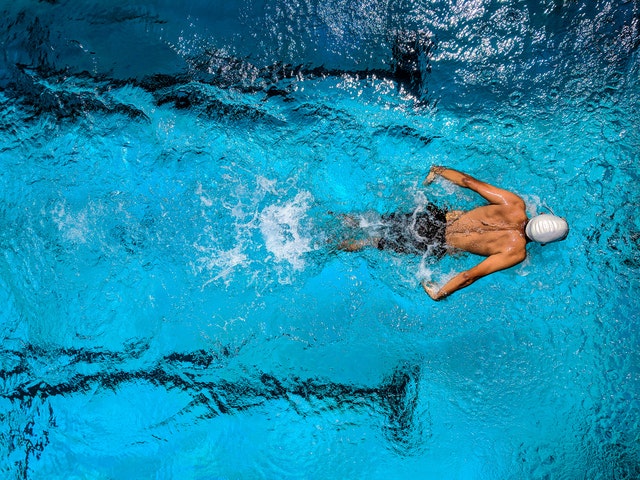
Learn about the amazing results of protein in the lives of professional athletes
Protein is an important part of everyone’s life. Of this we have no doubt. However, today we want to show how it is inserted into the lives of athletes.
This is an article that deals, above all, with nutrition that generates results.
How protein acts in the health of athletes and how it is responsible for high performance in the execution of exercises.
Let’s talk about protein. Get comfortable and enjoy the reading.
Read also: Daily protein intake: what is the appropriate nutritional indication?
The role of protein in an athlete’s diet
Protein plays an important role in the competitive athlete’s diet by repairing and strengthening muscle tissue.
Protein-rich diets are popular with athletes – especially those seeking a leaner, more defined body.
Protein can also be used as an energy source, but this happens only in situations where not enough carbohydrates are available, which is not the case with a well-planned diet.
Intense exercise causes the proteins that make up the muscles to be broken down. This damage is responsible for post-workout muscle soreness and can reduce muscle strength and function.
In the recovery period between workouts, a muscle repair process takes place, leaving the muscles slightly stronger than before the workout. Protein is a key part of this process.
On the subject of health: Get rid of disease: the role of protein in the immune system
Protein powder
Protein powders are extremely popular health supplements that provide large-dose, high-quality protein concentrates in an easy package.
There are several types of protein powders, each with unique benefits. They all have one thing in common: they are a great source of protein, and as you probably know, protein is vitally important to athletes of all types.
Protein is essentially the building block of many cells in the human body.
Your body uses protein to build new cells and repair damaged ones, making protein a key part of the recovery process.
Protein powders aim to provide a 15-25+ gram dose of pure protein in one easy package. They are sold as powders that can be mixed into drinks or shakes.
There are a few different types of protein powders, detailed below:
See also: Quality more than quantity: how to evaluate the quality of your daily diet
Whey protein
It also offers a fantastic amino acid profile, full of many of the most voted amino acids. There are various forms of whey protein, such as isolate, concentrate, etc.
Wheyprotein concentrate
The type with the least processing, it is considered the simplest of the three.
It has a good amount of protein, but its content is mixed with carbohydrates, and should be eaten by athletes who need to gain weight. It usually tastes better than the other two options.
Wheyprotein isolate
This is the purest form of protein. It contains no carbohydrates or lipids. It is usually used by athletes and people intolerant to lactose, since it does not contain this substance.
However, it is worth noting whether there is any added sugar or flavoring, as these can affect the purity of the product.
Hydrolyzed Wheyprotein
This type of protein is the fastest to absorb, since it is pre-broken into amino acids, facilitating digestion (hydrolysis).
Some brands enhance the mixture with proteolytic enzymes, which further facilitate the absorption of the nutrients contained in the drink.
How much to consume per day
It is recommended that a person who exercises at moderate to intense intensity consume from 1.2 grams to 2 grams of protein per kilogram of body weight – considering all sources of protein (meat, egg, milk, chicken, cheese) and not only whey.
So a person weighing 70 pounds should be getting 84 grams to 140 grams of protein per day, and the supplement can go into the diet to help reach that number.
Many experts recommend consuming no more than one serving of whey protein per day (about 20 g to 25 g of protein) and getting the rest of the nutrient from food.
Now you know how protein is part of the lives of high performance athletes.
Want to read more articles like this? Keep following our blog. We are always bringing you tips, advice, and news about nutrition that gets results.
Thank you for reading and see you next time.